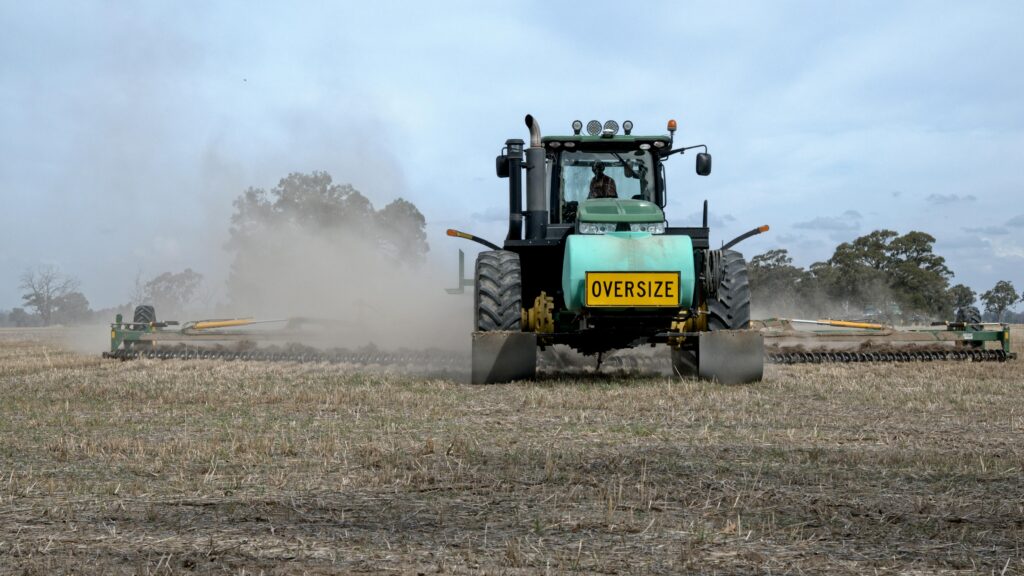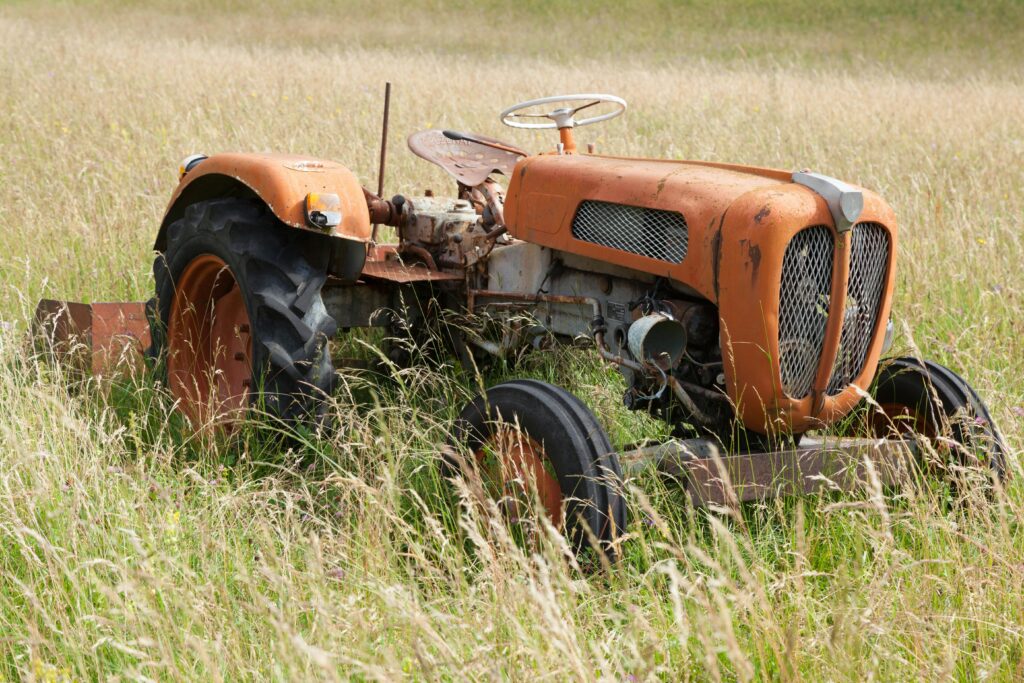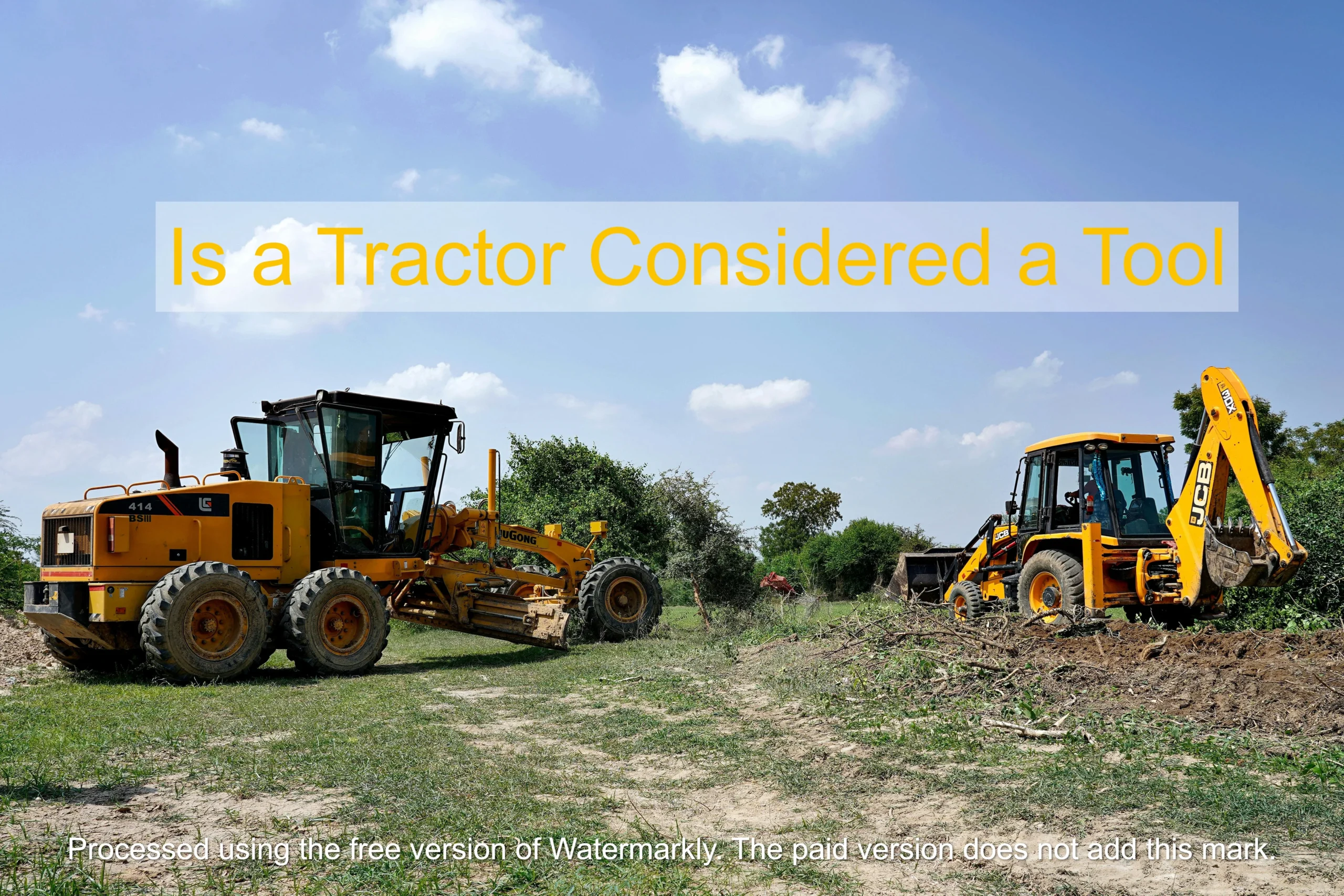Introduction
In the vast landscape of agriculture and construction, one machine stands out for its multifaceted role – the tractor. This article aims to explore the evolution, functionality, and the intriguing question – is a tractor considered a tool?
The Evolution of Tractors
Tractors have come a long way from their humble origins. Initially designed for agricultural purposes, they have evolved into powerful machines with diverse applications, extending beyond the farmlands to construction sites.
From Farming to Construction – Versatility of Tractors
Tractors are no longer confined to plowing fields. They have become indispensable in the construction industry, showcasing their versatility and adaptability to different tasks.
Key Components of a Tractor
To understand their versatility, it’s crucial to delve into the key components that make up a tractor. From the engine to the hydraulic system, each part plays a vital role in the overall functionality.

Is a Tractor Considered a Tool? Debunking the Myth
Understanding the Definition of a Tool
Before we delve into whether a tractor is a tool, let’s establish a clear definition. According to Google’s NLP guidelines, a tool is an instrument or device used to carry out a particular function. Now, let’s apply this definition to tractors.
Tractors as Agricultural Implements
Traditionally, tractors have been synonymous with agriculture, considered essential tools for tasks like plowing, seeding, and harvesting. However, as technology advanced, so did the role of tractors.
Tractors in Construction – More Than Just Tools
In the construction industry, tractors go beyond being mere tools. They become integral components of larger machinery, contributing significantly to project efficiency and completion.

The Impact of Tractors on Agriculture
Efficiency and Productivity Boost
The introduction of tractors revolutionized agriculture by significantly increasing efficiency and productivity. Farmers could now cover larger areas in less time, leading to increased crop yields.
Technological Advancements in Modern Tractors
Modern tractors have embraced technology, incorporating features like GPS guidance and automated systems. These advancements not only enhance efficiency but also contribute to sustainable farming practices.
Environmental Considerations
Sustainable Practices in Agriculture
One of the misconceptions about tractors is their environmental impact. Contrary to belief, tractors play a vital role in promoting sustainable practices in agriculture.
The Role of Tractors in Precision Farming
Precision farming, enabled by tractors with advanced technology, allows farmers to optimize resource usage, minimizing environmental impact while maximizing yield.
Tractor Ownership and Maintenance
Economic Considerations
Owning a tractor involves economic considerations, from initial purchase costs to long-term benefits. We’ll explore the financial aspects that individuals and businesses need to consider.
Maintenance Tips for Longevity
To ensure the longevity of a tractor, proper maintenance is crucial. From regular inspections to timely repairs, owners can take proactive steps to keep their machines running smoothly.

What Defines a Tool According to Google NLP?
According to Google NLP, a tool is an instrument or device used to carry out a particular function. In the context of tractors, they align with this definition when used in agriculture but go beyond when employed in construction.
How Has the Perception of Tractors Evolved Over Time?
Initially seen solely as farming aids, tractors have evolved into versatile machines with applications in various industries, altering perceptions and emphasizing their significance beyond the fields.
Are Tractors Environmentally Friendly?
Contrary to common belief, tractors contribute to environmental sustainability. Technological advancements and precision farming practices make them key players in eco-friendly agriculture.
Can Tractors Be Used in Residential Areas?
While primarily designed for rural and industrial use, compact tractors with lower noise levels and emissions are suitable for residential areas, offering homeowners efficient landscaping solutions.
What are the Key Features to Look for When Buying a Tractor?
When purchasing a tractor, consider factors like engine power, hydraulic capabilities, and technological features. Tailor your choice to your specific needs, ensuring optimal performance for your intended tasks.

Conclusion
While tractors do not fit the traditional definition of a tool, their impact on agriculture and their ability to enhance human capabilities in farming operations suggest a broader interpretation of the term “tool” may be warranted. Tractors are specialized machinery designed to perform specific agricultural tasks efficiently and effectively, extending human capabilities and enabling increased productivity, improved soil management, reduced labor requirements, and enhanced safety. By redefining our understanding of what constitutes a tool, we can better appreciate the transformative role that tractors have played in modern agriculture.
FAQs
Q1: Are tractors considered tools in the agricultural industry?
A1: Traditionally, tractors have not been considered tools in the agricultural industry. Tools are typically defined as smaller, simpler, and more portable implements designed for manual operation. Tractors, on the other hand, are complex machines powered by external engines and designed for specific agricultural tasks.
Q2: What are the key characteristics that distinguish tractors from traditional tools?
A2: The main characteristics that distinguish tractors from traditional tools include their large size, high complexity, use of external power sources (such as diesel engines), limited portability, and specialization for specific agricultural tasks. Traditional tools are generally smaller, simpler, human-powered or manually operated, and designed for more general-purpose tasks.
Q3: How have tractors impacted agricultural productivity and efficiency?
A3: Tractors have significantly increased agricultural productivity and efficiency by allowing farmers to cultivate larger areas in a shorter amount of time. With their powerful engines and specialized implements, tractors can perform tasks that would take significantly longer with traditional hand tools or animal-drawn equipment. This increased efficiency has enabled farmers to manage larger farms and improve overall crop yields.
Q4: What are some of the benefits of using tractors in agriculture?
A4: The benefits of using tractors in agriculture include increased productivity and efficiency, improved soil management through the use of specialized implements, reduced labor requirements, and enhanced safety and ergonomics for operators. Tractors have also enabled farmers to manage larger areas with fewer workers, reducing labor costs and increasing profitability.
Q5: How has the definition of a “tool” evolved with the advancement of technology?
A5: The definition of a “tool” has evolved with the advancement of technology. While traditionally tools were considered smaller, simpler, and human-powered implements, the concept of a “tool” can now be expanded to include more complex machinery and equipment that extend human capabilities and enable more efficient task completion. This broader interpretation could encompass tractors and other specialized machinery used in various industries, including agriculture, construction, and manufacturing.
